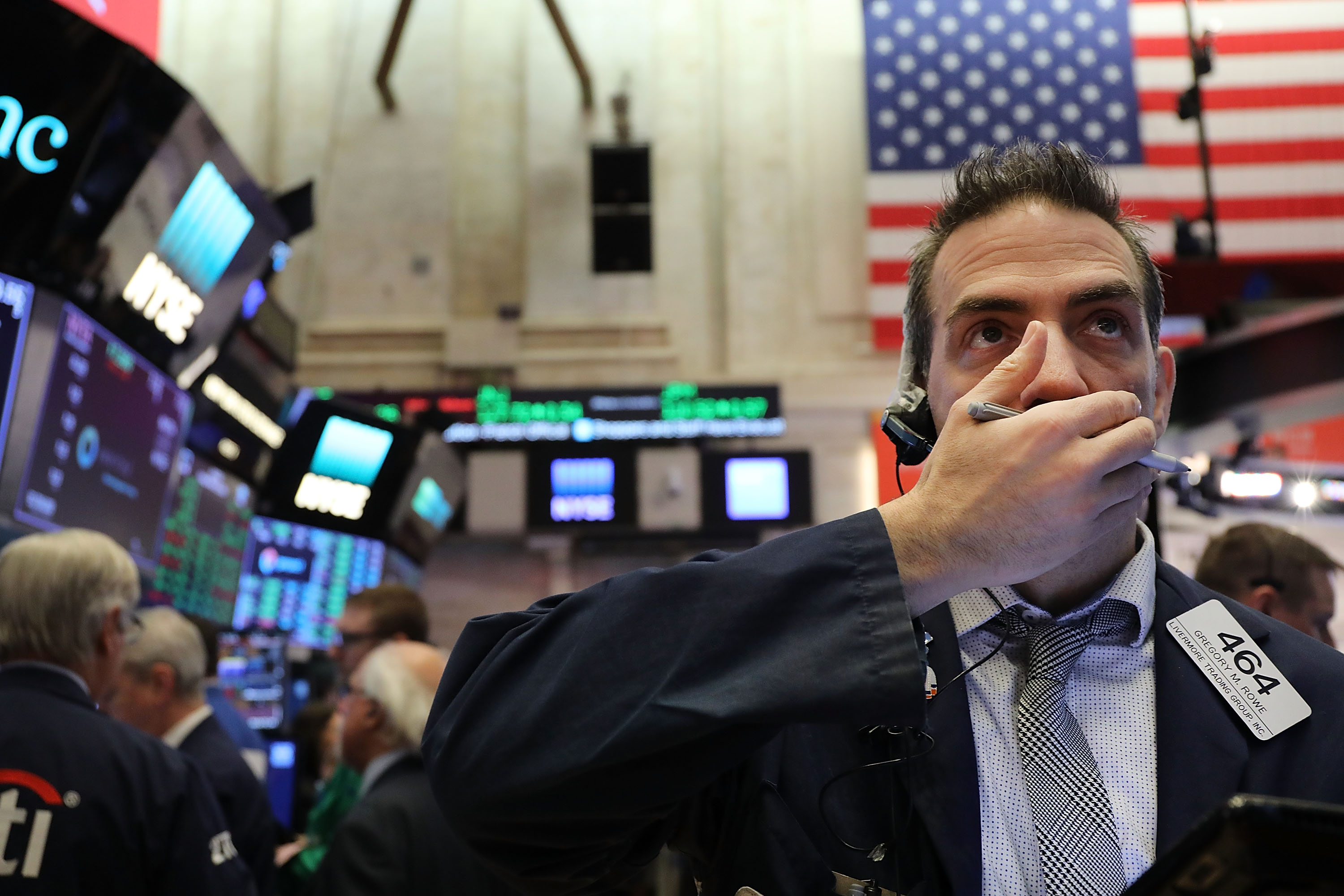The difficulty of only investing in value stocks
And more of the week's best financial advice

A free daily email with the biggest news stories of the day – and the best features from TheWeek.com
You are now subscribed
Your newsletter sign-up was successful
Here are three of the week's top pieces of financial advice, gathered from around the web:
The good old tax days
Did the biggest earners of the 1950s — Hollywood stars — really pay taxes at the then-going top rate of 91 percent? asked Joe Nocera at Bloomberg. Not so much. Thanks to a tax code that was "full of loopholes," the top 0.01 percent — which then meant entertainers like Bob Hope and Bing Crosby rather than hedge fund managers — actually paid half that. One dodge was to defer income, as William Holden did when he made The Bridge on the River Kwai, taking his percentage of the gross, which totaled millions, in annual $50,000 increments. Many actors received fees through temporary corporations, taxed at around 50 percent. And a law reducing rates on income generated by oil wells turned many an actor into an oil investor, including Jimmy Stewart, Gene Autry, and Frank Sinatra, "who fittingly titled his first oil well 'Crooner No. 1.'"
The Week
Escape your echo chamber. Get the facts behind the news, plus analysis from multiple perspectives.

Sign up for The Week's Free Newsletters
From our morning news briefing to a weekly Good News Newsletter, get the best of The Week delivered directly to your inbox.
From our morning news briefing to a weekly Good News Newsletter, get the best of The Week delivered directly to your inbox.
Looking for value stocks
"It's a lot harder than you might think to invest in a portfolio of pure value stocks," said Mark Hulbert at The Wall Street Journal. "Groundbreaking" recent research found that over the long term, these stocks — those trading for the lowest ratios of price to book value — have significantly outperformed so-called growth stocks. From 1926 through 2018, "the 20 percent of stocks at the value end of the spectrum have beaten the quintile at the growth end by 3.6 annualized percentage points." But investors who want to pin-point such stocks face a hurdle. Many "value" stocks got that way from years of getting beaten down, and are deeply unpopular with investors. Researchers found that of thousands of mutual funds they analyzed, only two consistently followed the value criterion.
Locusts of the retail Amazon
There's a new breed of micro-entrepreneurs who "raid clearance aisles and resell it all online for a profit," said Rachel Siegel at The Washington Post. It's become known as "retail arbitrage," and the engine behind it is Fulfillment by Amazon, or FBA. The program lets resellers ship their goods to Amazon's warehouses, then resell them for a profit. The stacks of special deals that big-box stores use to get people into the store are a favorite target. There are now even apps that let you track clearance sales. One reseller rushed around multiple Walmarts to score 218 packages of light bulbs. Another filled his trunk with 182 Monopoly games from 17 Walmarts, flipping most of them in a day for a profit of $2,500.
A free daily email with the biggest news stories of the day – and the best features from TheWeek.com
-
 Quentin Deranque: a student’s death energizes the French far right
Quentin Deranque: a student’s death energizes the French far rightIN THE SPOTLIGHT Reactions to the violent killing of an ultra-conservative activist offer a glimpse at the culture wars roiling France ahead of next year’s elections.
-
 Secured vs. unsecured loans: how do they differ and which is better?
Secured vs. unsecured loans: how do they differ and which is better?the explainer They are distinguished by the level of risk and the inclusion of collateral
-
 ‘States that set ambitious climate targets are already feeling the tension’
‘States that set ambitious climate targets are already feeling the tension’Instant Opinion Opinion, comment and editorials of the day